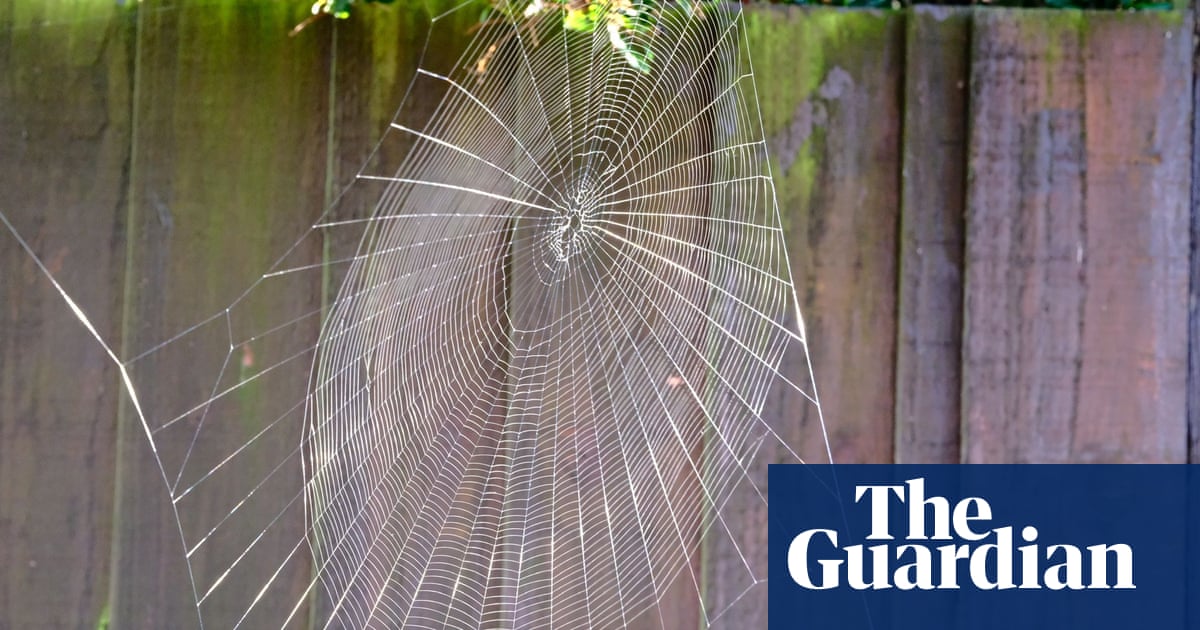
now began falling as I looked from my window, and “the room”, as the Irish poet Louis MacNeice put it, “was suddenly rich”. So I turned my chair to watch this treasure accumulate. Within half an hour, flakes were weighting the twigs and the sodden earth became first blurry and then blanketed from view. Still it came, the “spawning snow”, hour after hour, the world’s hum first dampened and then lost in the airy spaces of the brilliant white.
The birds divided, large and small. A magpie sheltered in the dead alder; the oaks fringing my skyline quickly filled with wood pigeons, their heads pulled into their shoulders and their feathers rounding out their bodies, giving the almost comical impression of burly policemen. The smaller birds, without the fat reserves for surveillance, were busy despite the snow, helping themselves to the emergency relief I’d hung from the cherry tree outside my window.
For those birds that elect to remain through the winter, life becomes a finely calibrated equation: eat or freeze. Through the long night, a blue tit can burn 5% of its body weight keeping warm and to do so again must, in the short day, eat the equivalent of its own weight in insects. There were three blue tits in the cherry tree, joining the great and coal tits, with a posse of long-tailed tits stopping by too, snowflakes catching the dusky pink of their pom-pom bodies. Nuthatches arrived, craning their necks; a blackbird patrolled below, capturing what was dropped.
Missing from this scene was any sign of the local goldcrest: our smallest bird, weighing the same as a 20p piece. I wasn’t too concerned. In the brutal winter of early 1963, when for weeks the average temperature was below freezing, goldcrests and wrens disappeared from view. Many birders assumed their frozen bodies were predated before they could notice them. But when the thaw came, both species emerged. The wrens came from deep in the undergrowth, but goldcrests are more general in their habits. When winter bites, young goldcrests can migrate significant distances in search of food, and even breeding adults will spread out to habitats they would otherwise ignore in summer when competition from other species is too strong.












